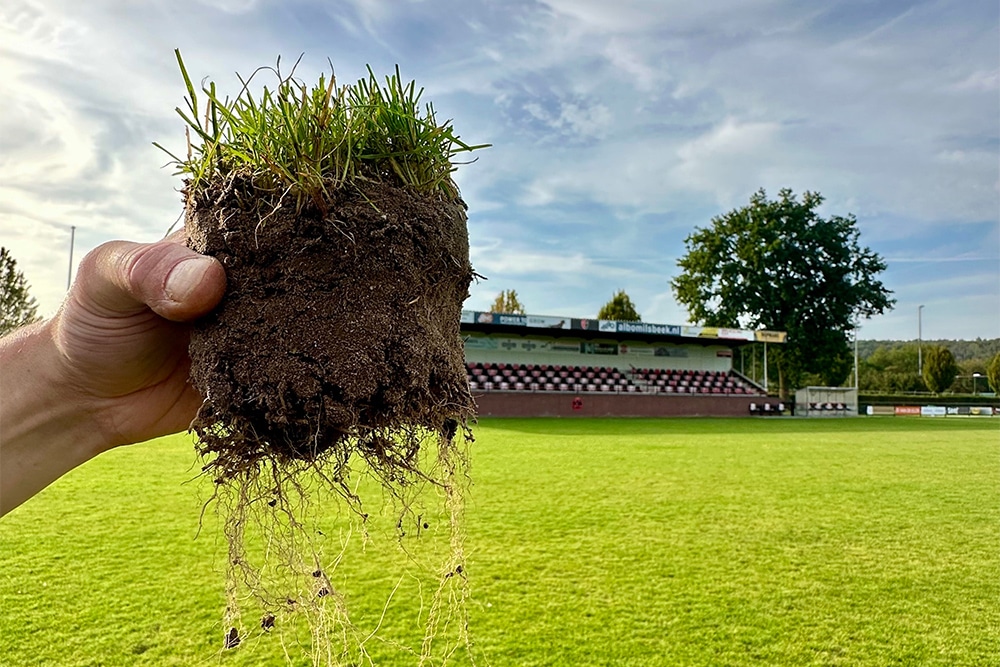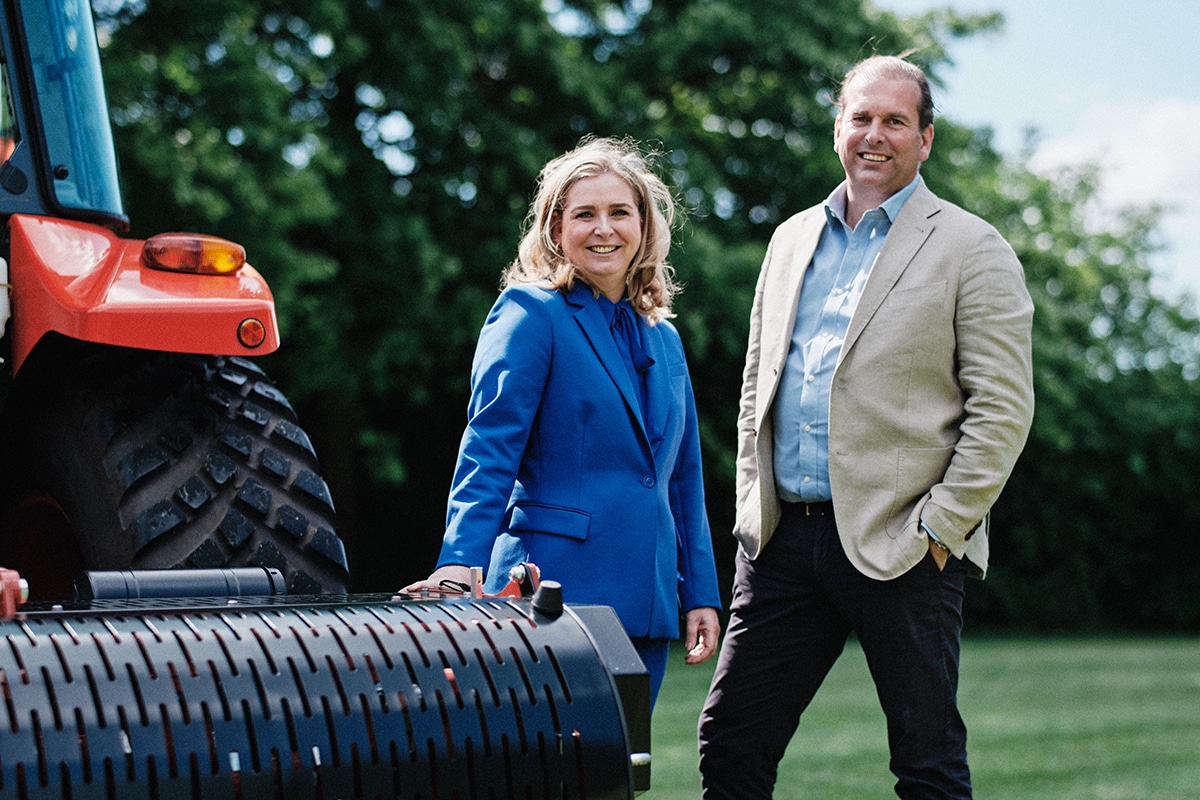
High-quality grass mixtures developed for the future
100 years of innovation
Huge gains have been made with grass seed breeding. The number of playing hours on sports field turf, for example, has doubled. And the drought-tolerant but coarse reed fescue is now available in a fine-leaved variety. This year, the plant breeding and seed company DSV seeds celebrates its centennial. That means one hundred years of innovation, providing high-quality seeds for a variety of agricultural and recreational applications.
DSV continuously continues to develop its blends to be ready for the future. "We are always looking ahead, taking into account factors such as a changing climate, sustainability and biodiversity. For example, with over 750 colleagues and our own breeding and testing stations worldwide, we continuously keep the disease resistance of our seeds high. But also drought tolerance and infiltration capacity are important properties that match the changing weather conditions," says Thijs Schoenmakers, sales manager recreational grasses Southern Netherlands and Belgium.
EUROGRASS
DSV seeds is part of the parent company Deutsche Saatveredelung AG. Many Dutch and Belgian government institutions, green professionals, sports field managers and turf growers, use EUROGRASS. Under this brand name, DSV supplies grass mixtures for applications of sports fields, lawns and public green spaces. For sports, EUROGRASS mixtures are best known for their high germination, rapid emergence, high treading tolerance and strong recovering ability. "As a breeder, we have been at the top of the Dutch Grass Guide and of the English variant, the STRI Bingley list, for years. And are constantly working to maintain those spots."
Sustainability and biodiversity
"Currently, sustainability and biodiversity play a big role. This means in practice that we focus on grass species that can withstand extreme drought and precipitation. But also on species that improve biodiversity both above and below ground. Most importantly, we don't just sell a bag of seed, we also include a piece of service. For example, we like to provide customers with personal advice. And if defects occur afterwards, we always try to solve them," Schoenmakers concludes.




